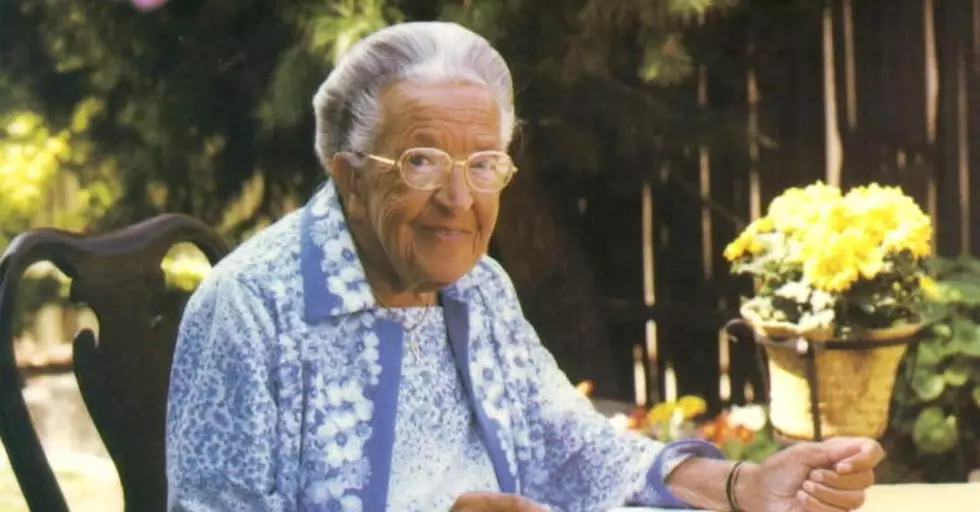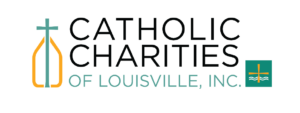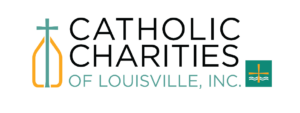 Corrie ten Boom (1901-2000) was a watchmaker by profession, the first female licensed watchmaker in the Netherlands. It was the family business. She had followed in the footsteps of her father, who was so passionate about the work that he would at times forget to charge customers, and his father, who started the business in 1837.
Corrie ten Boom (1901-2000) was a watchmaker by profession, the first female licensed watchmaker in the Netherlands. It was the family business. She had followed in the footsteps of her father, who was so passionate about the work that he would at times forget to charge customers, and his father, who started the business in 1837.In personality, Corrie was pleasant, gentle, and kind, a joy to be around. She was known for helping people, housing foster children, and working with the developmentally disabled. She was a devout Calvinist Christian who believed in peace and that all people are equal. So when the Nazis invaded the Netherlands in May 1940, took power there, brought laws forcing Jewish people to wear the yellow star, shop only in Jewish shops, and forbade Jewish people from walking in public parks, as they brought genocide there, she and her family joined the resistance. They used their business as a cover for their work, used their home to hide Jews and resistance workers, and gathered ration cards so that Jewish people could eat. They did whatever was necessary to save lives.
For years the ten Boom family worked within the resistance. Then in 1944, an informant shared information about the family’s work. The Nazis raided the home, arresting everyone. At the time, six people were hiding there. None were discovered, and shortly after the raid, the resistance sent Corrie a letter in prison, and using the words of her profession said, “All the watches in your cabinet are safe.”
While in a concentration camp in Germany, Betsie ten Boom was becoming frail. One day while doing heavy manual labor, she kindly said to her guard, “Don’t give me more to do than I am trying to do already, because I am not strong enough to lift these heavy parts.” The guard flashed back, “You don’t decide what you do. I decide.”
At that, the guard brutally beat Betsie. Corrie ten Boom, her sister, watched and was enraged. When the guard left, Corrie went over to Betsie who now had blood all over her face. Betsie immediately said, “No, don’t hate, Corrie. You must love and forgive.”
Corrie knew that she was unable. That night she went for a walk and told the Lord that she could not forgive “that brutal woman.” The Lord reminded her of a Scripture, “God’s love had been poured into our hearts through the Holy Spirit which has been given to us.” (Romans 5:5) Corrie knew that what she was unable to do, the Lord, in her, was able to do.
She writes, “At that moment when I was able to forgive, my hatred disappeared. What a liberation! Forgiveness is the key that unlocks the door of resentment and the handcuffs of hatred. It is a power that breaks the chains of bitterness and the shackles of selfishness. What a liberation when you can forgive.”
“Forgiveness is the key that unlocks the door of resentment…”
Corrie survived prison and then a concentration camp. After the war, she helped set up a rehabilitation center in Bloemendaal.
The ten Boom family saved about 800 Jewish persons.
You can watch the story of her family in the film, The Hiding Place, based on the book by the same title.

